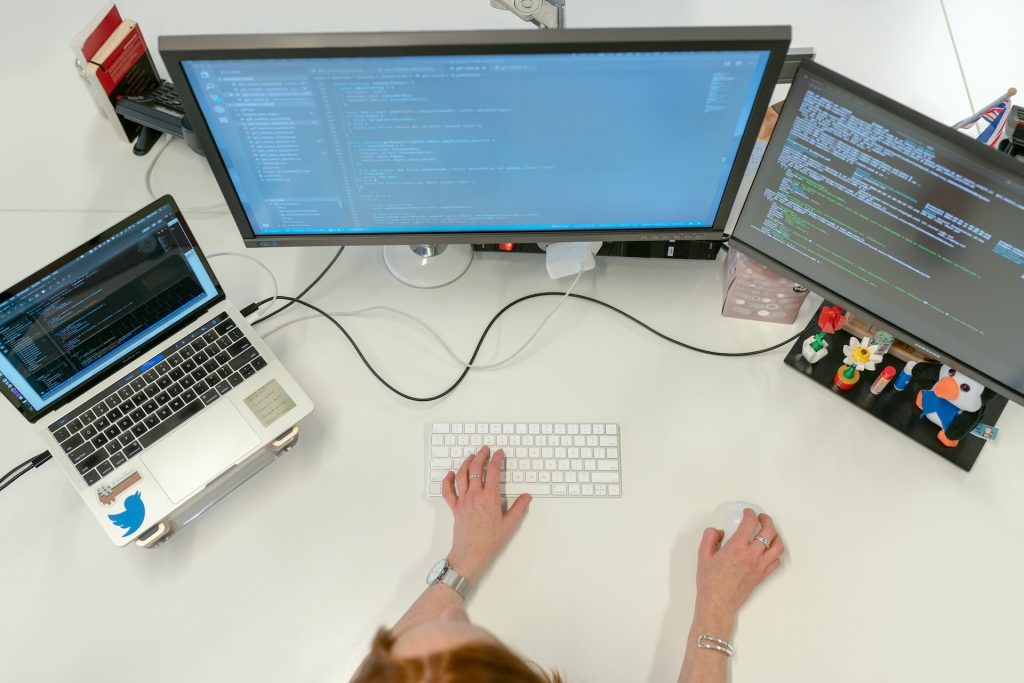A cyber attack is a deliberate attempt by an individual or a group to exploit a vulnerability or weakness in a computer system or network in order to gain unauthorised access, steal information, disrupt normal operations, or cause damage to the system or network.
There are many types of cyber attacks, such as:
- Malware attacks: These are attacks that involve the use of malicious software, such as viruses, worms, and Trojan horses, to gain unauthorised access to a system or network.
- Phishing attacks: These are attacks that involve the use of deceptive emails, websites, or messages to trick individuals into providing sensitive information, such as usernames, passwords, and credit card numbers.
- Denial-of-service (DoS) attacks: These are attacks that involve flooding a system or network with traffic in order to overload it and prevent legitimate users from accessing it.
- Man-in-the-middle (MitM) attacks: These are attacks that involve intercepting communication between two parties in order to steal sensitive information or manipulate the communication.
- Ransomware attacks: These are attacks that involve the use of malware to encrypt data on a system or network and demand payment in exchange for the decryption key.
Cyber attacks can have serious consequences, including financial losses, data breaches, reputational damage, and legal liabilities. There are several reasons why there are so many cyber attacks. One of the main reasons is the increasing reliance on technology and the internet in our daily lives. This creates more opportunities for cybercriminals to exploit vulnerabilities in software, networks, and devices to steal data, cause disruptions, and carry out other malicious activities.
Additionally, cyber attacks can be financially lucrative for hackers, as they can steal sensitive data and sell it on the black market or demand ransom payments from victims.
To stop cyber attacks, there are several steps that individuals and organisations can take. These include:
- Keep software and security systems up to date: Regularly updating software and security systems can help prevent vulnerabilities that hackers can exploit.
- Use strong passwords: Strong passwords that are unique and difficult to guess can make it more difficult for hackers to gain access to accounts and systems.
- Implement multi-factor authentication: Multi-factor authentication adds an extra layer of security by requiring users to provide additional information, such as a fingerprint or a code sent to their phone, in addition to their password.
- Educate employees and users: Educating employees and users about the importance of cybersecurity and best practices can help prevent cyber attacks, such as phishing attacks, which often rely on human error.
- Use encryption: Encryption can help protect sensitive data by making it unreadable to unauthorised users.
- Backup data regularly: Regularly backing up data can help minimise the impact of a cyber attack and make it easier to recover from a data loss event.
- Work with cybersecurity professionals: Cybersecurity professionals can help identify vulnerabilities and implement measures to prevent cyber attacks.
With an ever increasing number of cyber attacks it’s clear to see why a career in cyber security is so important to organisations. There’s a lack of qualified cyber professionals in the UK so if you’ve been thinking about a new career, there’s never been a better time. Get in touch with us today.










